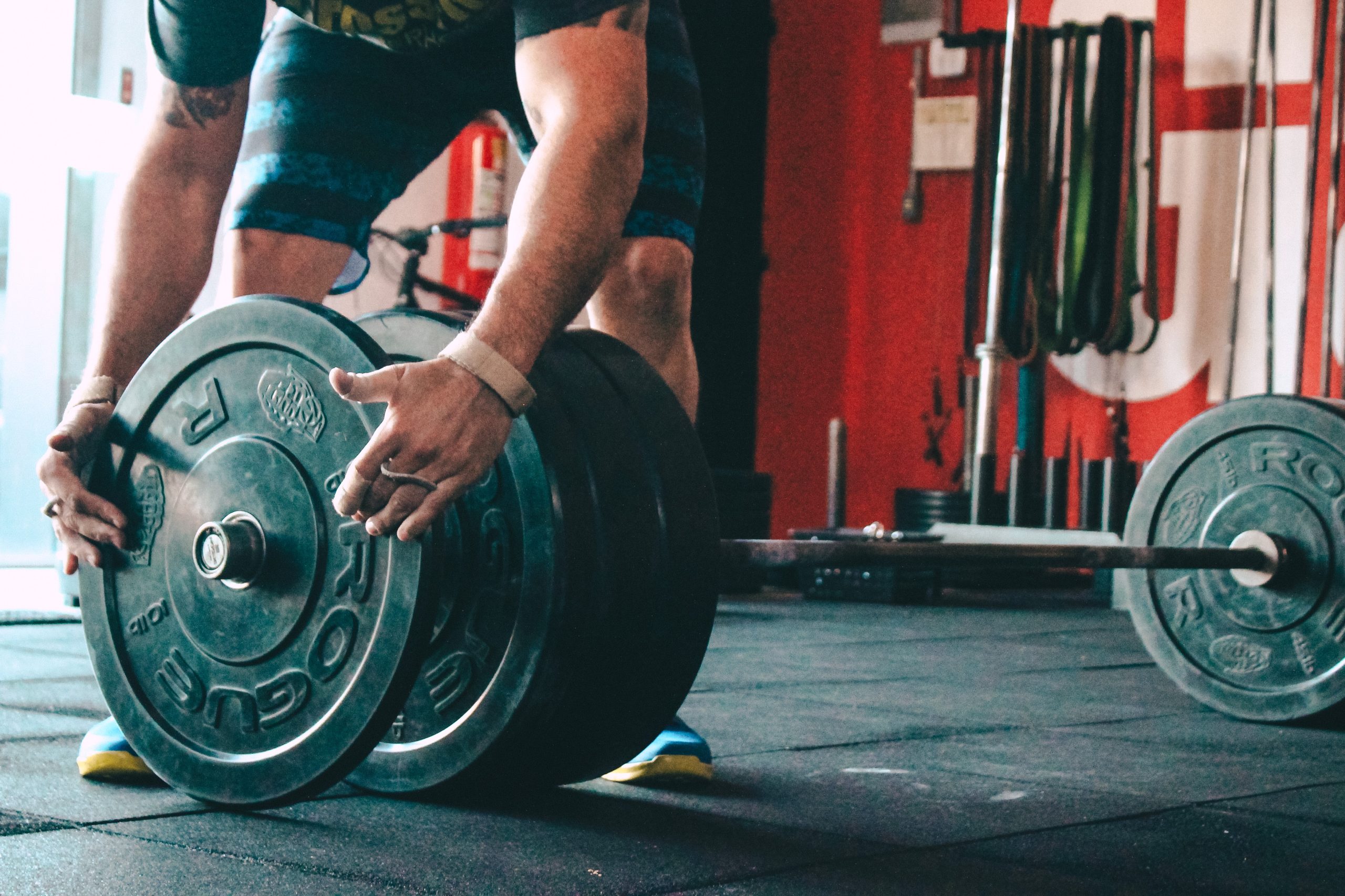
Jacob Fuller, FISM News
[elfsight_social_share_buttons id=”1″]
A Minnesota state court ruled last week that USA Powerlifting must include biological men who identify as women in the women’s divisions of competitions.
JayCee Cooper, a biological male who identifies as a woman, filed a discrimination lawsuit in state court against USA Powerlifting in 2021 after he was banned from women’s competitions by the organization.
The court ruled the organization must “cease and desist from all unfair discriminatory practices” and must revise its policies within two weeks to remove discrimination based on sexual orientation or gender identity.
“I was fed up with the way that I was being treated. I was fed up with the way that my community was being treated, and enough was enough,” Cooper told KARE-TV. “I feel mostly relief. I think we needed a win here, and it feels good to get that.”
USA Powerlifting is considering an appeal.
“Our position has been aimed at balancing the needs of cis- and transgender women whose capacities differ significantly in purely strength sports,” USA Powerlifting President Larry Maile said in a statement.
We have received a summary judgment decision from the Court finding us liable for discrimination. We respectfully disagree with the Court’s conclusions. We are considering all of our options, including appeal.
Without providing evidence, the court cited “increased risk of depression and suicide, lack of access to coaching and practice facilities, or other performance suppression common to transgender persons,” as competitive disadvantages for transgender competitors.
“The harm is in making a person pretend to be something different, the implicit message being that who they are is less than,” the ruling stated, unironically. “That is the very essence of separation and segregation, and it is what the MHRA [Minnesota Human Rights Act] prohibits.”
Obviously, in general terms, most biological men are significantly stronger than most women. This doesn’t change when it comes to weightlifting competitions. When comparing world weightlifting records of men and women, a Princeton health and fitness study showed that women’s powerlifting records range from just 60.5% to 78.5% of the total weight of men’s world records in the same weight class.
This story was aided in part by a report from Fox News.
